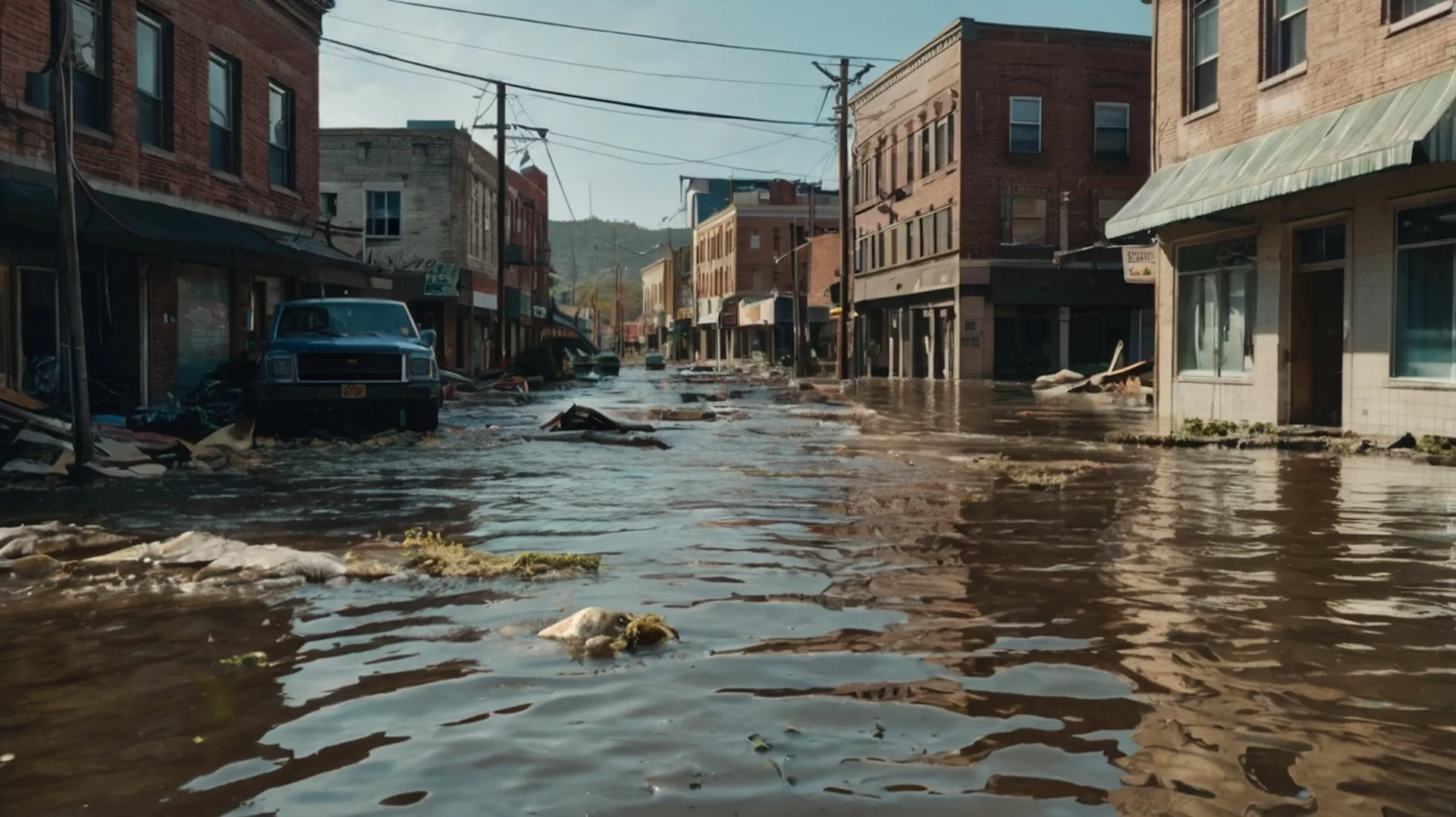
The Eastern Cape Floods: A Trail of Destruction and the Need for Proactive Measures
In the heart of South Africa, the Eastern Cape province has once again been struck by a devastating natural disaster – severe floods that have claimed at least 10 lives and displaced over 3,000 people. This latest calamity, which unfolded over the past couple of days, has left a trail of destruction, highlighting the pressing need for comprehensive disaster preparedness and infrastructure upgrades in the region.
The heavy rains that began on Monday, October 21, 2024, have inundated entire neighborhoods, washed away roads and bridges, and left a trail of devastation in their wake. The hardest-hit areas have been the cities of Gqeberha and Kariega, with Nelson Mandela Bay being the epicenter of the crisis. Thousands of families have been forced to evacuate their homes, seeking refuge in community halls and recently constructed houses.
The impact of the floods has been multifaceted, with damage to infrastructure being a significant concern. At least 30 houses have collapsed, and 12 bridges have been destroyed, disrupting school attendance and commute patterns in the region. This latest disaster has further exacerbated the damage caused by earlier floods that hit the same area earlier this year, underscoring the recurring nature of these events.
Zolile Williams, the Eastern Cape MEC for Cooperative Governance and Traditional Affairs, has attributed the severity of the floods to a “man-made disaster that could have been avoided.” The MEC has pointed the finger at the Nelson Mandela Bay municipality, citing a poorly maintained drainage system as the primary reason for the flooding.
The humanitarian aid organization Gift of Givers echoes this sentiment, stating that the main cause of the flooding is the lack of proper drainage maintenance. “The drainage just couldn’t cope with the amount of water that came down,” the organization’s representative for Southern Cape explained.
Local residents have also voiced their frustrations, taking matters into their own hands by attempting to unblock the drainage systems in Gqeberha. This grassroots response underscores the pressing need for proactive measures by the local government to address the underlying issues.
In the aftermath of this latest disaster, the local government has activated disaster management teams in the affected Nelson Mandela Bay metro, signaling their intent to provide urgent aid and relief to the displaced residents. However, the long-term solution lies in a comprehensive and forward-looking approach to disaster preparedness and infrastructure development.
Gleb Perov is the founder and chief meteorologist of POGODNIK, a leading weather forecasting service in Eastern Europe. With over 15 years of hands-on experience in meteorology and climate analysis, he has worked private weather services.
Gleb is the author of numerous scientific and analytical publications on climate, magnetic storms, and atmospheric processes. He regularly collaborates with major international agencies such as NOAA, ECMWF.





